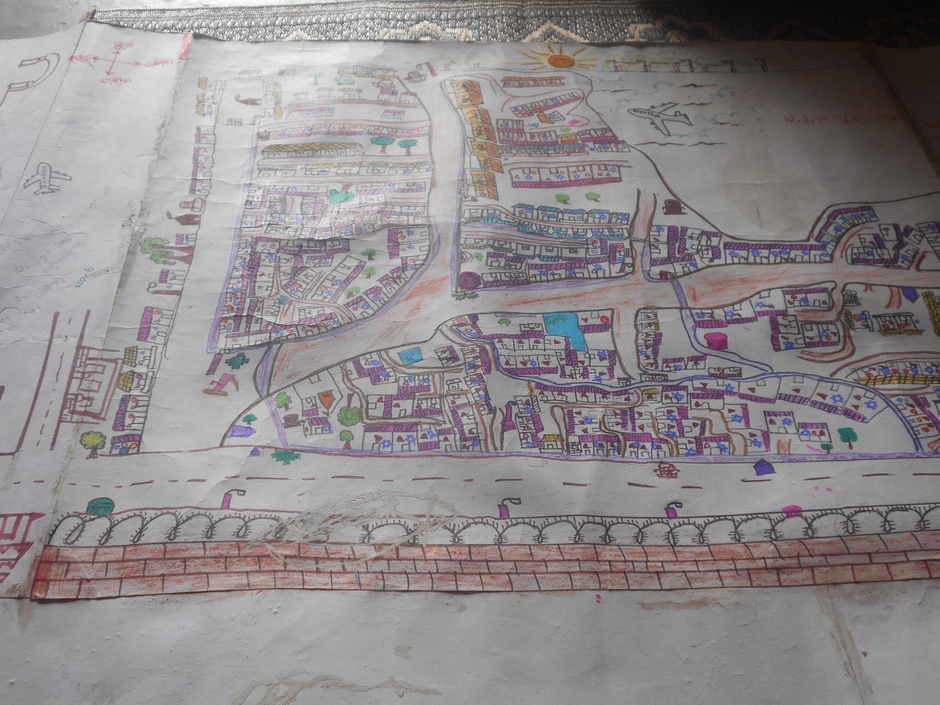Young Climate Change Mappers continue work through the end of this week, uploading geolocations and images as key contributions to UNICEF’s global digital chart highlighting climate change and disaster risk reduction throughout the world.
They will come together at the March 13 World Conference on Disaster Risk Reduction in Sendai, Japan, to share their findings on best practices in dealing with climate related disasters.
UNICEFs Voices of Youth Maps utilize community reporting to detail the local impact of natural disasters, epidemics, extreme weather events, and pollution. Youth participation in these projects is gaining traction as organizations increasingly recognize the need for inclusiveness in successful Disaster Risk Reduction (DRR) projects.
Since 2011, UNICEF has been utilizing mobile technology to engage youth in projects mapping local health and environmental problems, but the organization is also highlighting low-tech projects, equipping youngsters with colored markers and paper to map environmental and health issues in the urban slums they call home.
Teams of young mappers and adult facilitators spend roughly 45 days traversing their slums. They learn the shape of their neighborhood, how streets interconnect (or don’t), and the the density of homes there. This information becomes the map’s skeleton. Then, they fill in the specifics. They stake out what’s needed through the eyes of children—where underserved public areas could become play spaces, where trash bins could be added in an area they regularly see littered with filth. Their ideal neighborhood is drawn and detailed onto the map. Then, after it’s complete, leaders from the child clubs present their work to local officials. Link
One of the most significant health issues being researched is the lack of public toilets in India’s slums, particularly toilet seats small enough for kids who live in the slums. Several kids place dots on their maps to reflect their ideas on where kid-friendly toilets are most needed.
Humara Bachpan, a national campaign to create healthy and safe environments for India’s poor urban youth, currently has children mapping slums in Mumbai, Delhi, and Hyderabad. Plans are underway to expand the program.
By championing the contribution of children in solving relevant complex problems in their daily environments, kids develop and utilize analytical thinking skills, which earn them a place in mapping the future they want.

